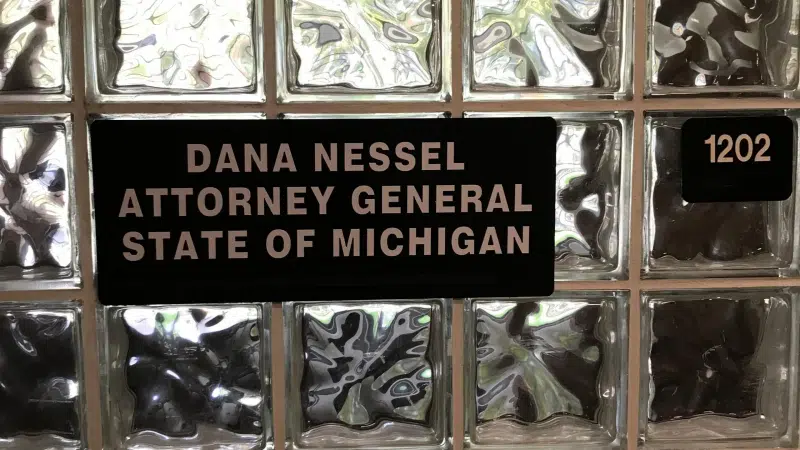Governor Gretchen Whitmer proclaimed December as Michigan Christmas Tree Month, recognizing the vital economic, environmental, and social benefits of Michigan’s Christmas tree industry.
“The holiday season is upon us, and it’s the perfect time for Michiganders to enjoy cherished traditions, like coming together to pick out the right Christmas tree for their family,” said Governor Whitmer. “Our local farmers and agricultural communities work hard every year to bring joy into our homes, especially during the holiday season. I encourage Michiganders to support them and recognize all they do for our state by shopping for a beautiful Michigan grown tree.”
Michigan ranks third in the nation for the number of Christmas trees harvested, supplying about three million fresh trees – with an annual net value of $30-$40 million – to the national market each year. There are more than 560 Christmas tree farms on a combined 37,000 acres across the state, ranging from large wholesale farms, to choose and cut farms, to small farms with a few acres selling pre-cut trees.
“Michigan’s agricultural industry is deeply rooted within our favorite holiday traditions,” said MDARD Director Gary McDowell. “It’s incredible to see generations of Michiganders come together to pick out the perfect real Christmas trees at farms across Michigan. With a real Christmas tree, you get a fresh, fragrant, beautiful tree as the centerpiece of your holiday decorations.”
Michigan grows and sells more than nine major Christmas tree species on a wholesale level, more than any other state. The most popular types of Christmas trees available in Michigan include Scotch Pine, White Pine, Blue Spruce, Black Hills Spruce, Balsam Fir, Concolor Fir, Douglas Fir and Fraser Fir. In addition to Christmas trees, the industry makes an additional $4.1 million in the sales of wreaths, cut boughs, garland and other related items.
Real Christmas trees are also a great environmental choice. They grow on rocky soil typically unsuitable for other crops. They also provide extra woodland for animals, create oxygen, and take carbon dioxide out of the air, helping combat global warming. Christmas trees can also be recycled. The best way to recycle your tree after Christmas is to chip it into mulch, which can be used for landscaping projects. Christmas trees take six to eight years to reach marketable height. For every Christmas tree harvested, Michigan growers plant three new trees for future harvests.

























Comments